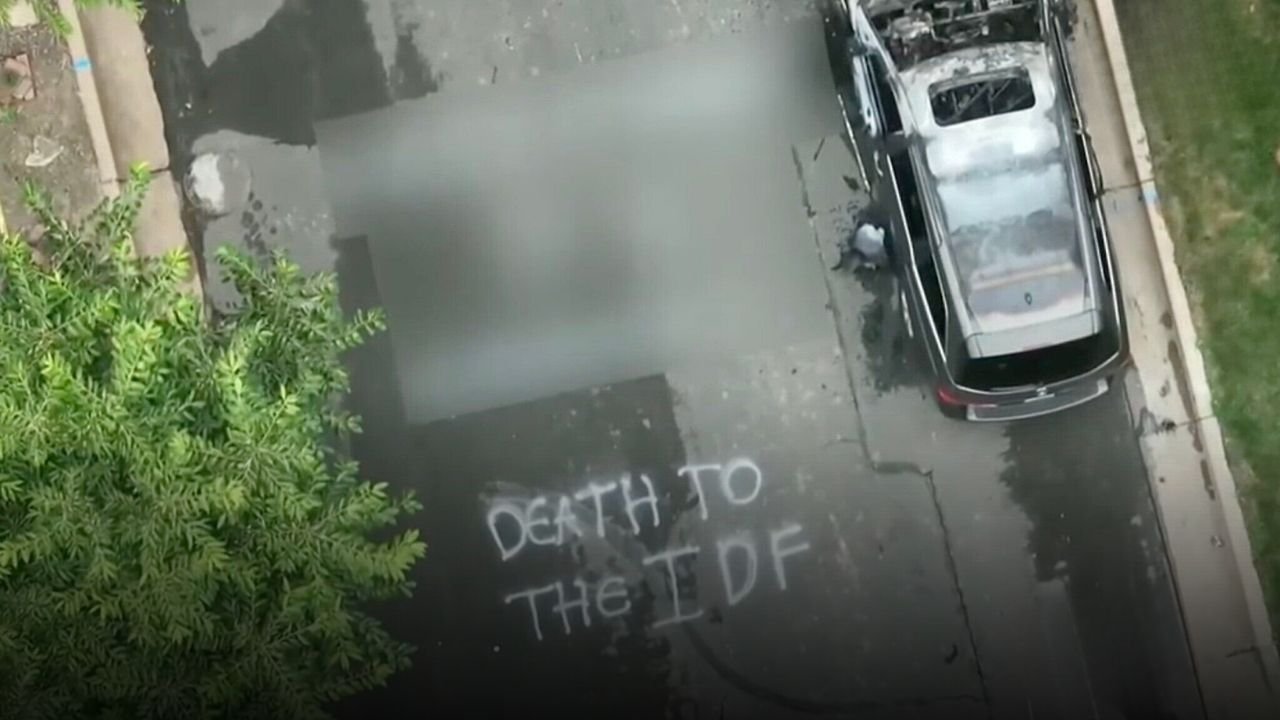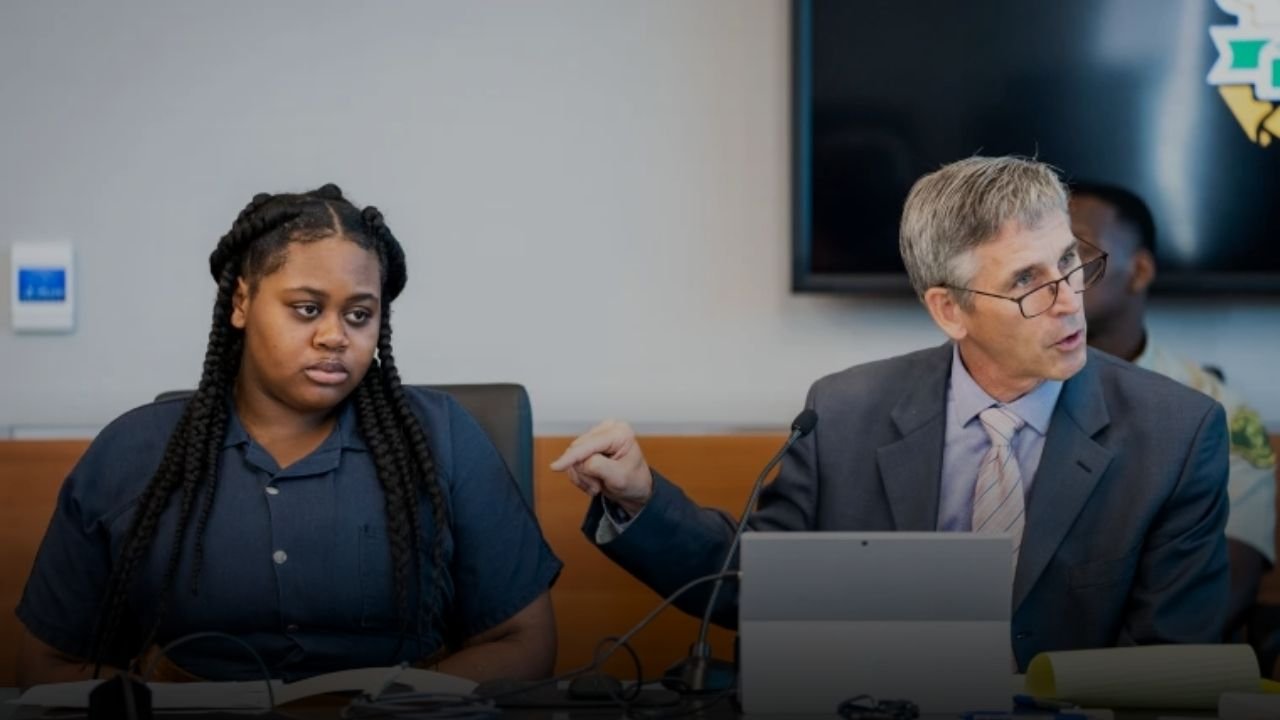CHICAGO — A federal court has convicted Ashraf Al Safoo, a 41-year-old Chicago man, for his leadership in a disturbing online campaign that supported the Islamic State (ISIS) through propaganda and digital recruitment.
The verdict was announced this week by U.S. prosecutors, who described Al Safoo’s role as the head of the Khattab Media Foundation, an organization that created and shared extremist materials designed to radicalize others and promote acts of terror both domestically and abroad.
Digital Propaganda Network Exposed
Al Safoo was found guilty following a bench trial in Chicago under U.S. District Judge John Robert Blakey. His conviction includes:
-
Conspiracy to provide material support to a foreign terrorist organization
-
Distribution of extremist propaganda
-
Multiple computer-related and threat communication offenses
Federal investigators revealed that Al Safoo and his network disseminated pro-ISIS videos, articles, and graphics glorifying violence, including mass shootings in the United States. These digital materials were widely shared on social media platforms, using encryption and coded messaging to evade detection for years.
FBI and DOJ Collaboration
The case against Al Safoo stemmed from a multi-year investigation by the FBI’s Joint Terrorism Task Force in Chicago, in partnership with prosecutors from the U.S. Attorney’s Office for the Northern District of Illinois and the Department of Justice’s National Security Division.
U.S. Attorney Andrew S. Boutros emphasized the conviction as a clear sign of federal resolve:
“The safety and security of the American public is always a top priority for me and my entire Office.”
Likewise, FBI Special Agent-in-Charge Douglas S. DePodesta credited the operation as a win for national defense:
“This conviction affirms the FBI’s strong commitment to protecting the U.S. from anyone who seeks to harm our citizens.”
Decades in Prison Ahead
Al Safoo was arrested in 2018 in Chicago, and after years of legal proceedings, now faces up to 130 years in federal prison. His sentencing hearing is scheduled for October 9, 2025.
This case is being closely watched not only for its national security implications but also for how law enforcement handles domestic networks amplifying foreign terrorist ideologies through online channels.
Online Extremism in the Age of Social Media
The Al Safoo case highlights the alarming intersection of digital tools and radical ideologies:
-
Social media was weaponized to normalize extremist views
-
Encrypted messaging helped recruit vulnerable individuals
-
American soil became a launchpad for global terrorism support
This model of “keyboard terrorism” represents a modern threat that U.S. intelligence agencies now place at the top of their concern list.
Community Reassurance & National Impact
Law enforcement agencies reassured the public that no specific attacks were known to be linked directly to Al Safoo’s activity, but the potential for radicalization and incitement was significant.
The case is also likely to shape how future online extremism is policed, especially involving encrypted or anonymous platforms.
Do you think federal agencies are doing enough to fight online radicalization? Share your thoughts in the comments or explore more national security stories at ChicagoSuburbanFamily.com.












